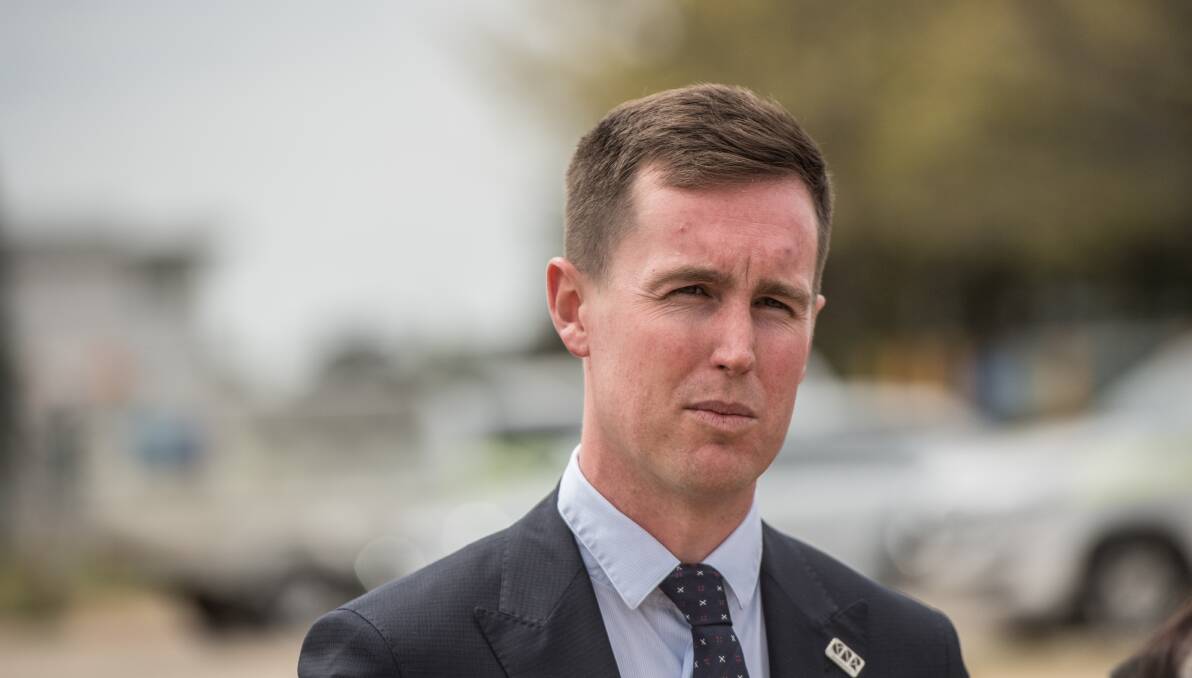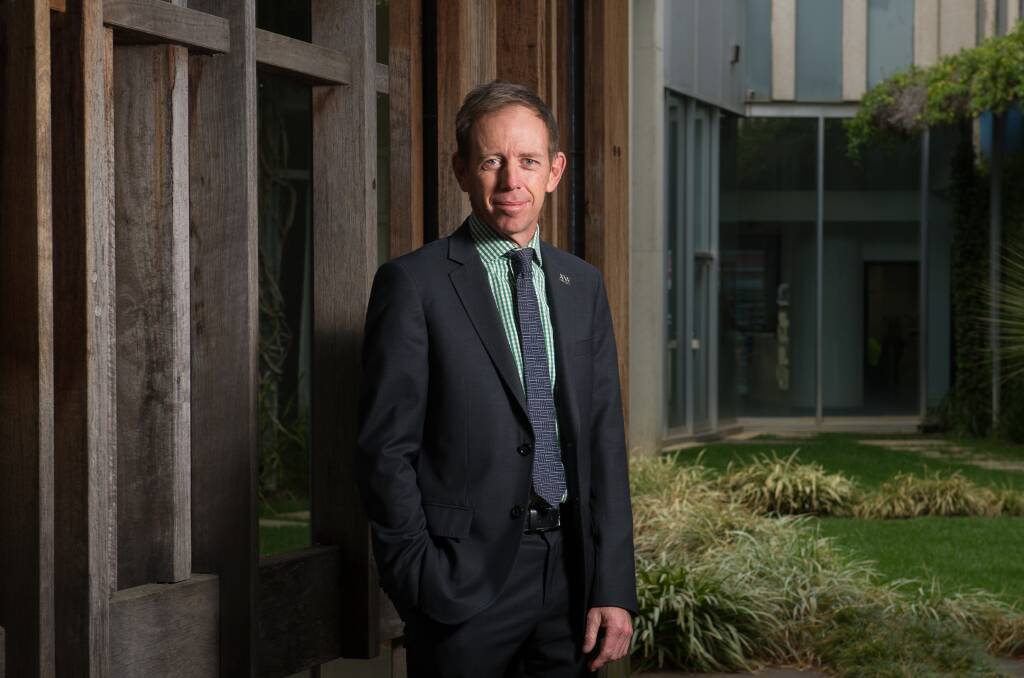
Burning rubbish to create electricity will be banned in the territory under a new ACT government energy policy.
Subscribe now for unlimited access.
or signup to continue reading
The government has quietly released its long-awaited waste-to-energy plan, uploading the policy document to its YourSay consultation website without making a public statement.
In what the ACT Greens are hailing as a win for the community against "big, dirty waste polluters", the policy explicitly bans the "thermal treatment" of waste in the nation's capital.
"New facilities, proposing thermal treatment of waste, by means of incineration, gasification, pyrolysis or variations of these for energy recovery, chemical transformation, volume reduction or destruction will not be permitted in the ACT," the policy states.
Instead, the government wants to encourage technology which break down organic matter to produce biogas or fertiliser.
The government started developing a waste-to-energy policy in 2018, as debate raged over Capital Recycling Solutions' controversial proposal to build a rubbish incinerator in Fyshwick.
The company ultimately shelved the plan amid opposition from the local community and Greens leader Shane Rattenbury, who claimed at the time that burning waste "was no better than burning dirty fossil fuels".
A discussion paper published later that year canvassed community views on several forms of waste-to-energy technology, including incineration, gasification, landfill gas capture and anaerobic digestion.

A report on the public feedback highlighted the strong community sentiment toward incineration technology, noting that any thermal waste-to-energy projects would have "significant objection from parts of the community due to health and environmental concerns".
Asked to comment on the decision to ban the technology, City Services Minister Chris Steel said the government did not believe that thermal waste-to-energy had a "social licence" in the ACT at this time.
"Although thermal waste treatment plants have been operating internationally for several decades, there is still great concern and uncertainty around the operation of these facilities and their long-term impact on health and the environment," he said.
The policy document noted that the ACT's recycling rate has plateaued at 70 per cent in the past decade, which meant that 300,000 tonnes of waste was being sent to landfill each year. The government wants to increase the recovery rate to 90 per cent 2025.
Mr Steel said 80 per cent of that target would be reached through a "focus on waste avoidance, reuse and recycling". Uptake of the forms of waste-to-energy technology permitted under the policy could help achieve a 87 per cent recycling rate, he said.
He said the policy was released in March and provided to "key stakeholders".
Mr Rattenbury praised the decision, which he described as ruling out "support for big, dirty waste polluters".
"There are cleaner, greener and more efficient ways of managing our waste, than burning it," he said.
"The last thing we need are the toxic emissions or greenhouse gases from burning waste in Canberra.
"Burning residual waste is no better than burning dirty fossil fuels and does not allow us to achieve the maximum economic and environmental benefit from those resources.
"When it comes to managing our waste, as the nation's climate action capital, we can - and must - do better. We should be a waste management leader."


